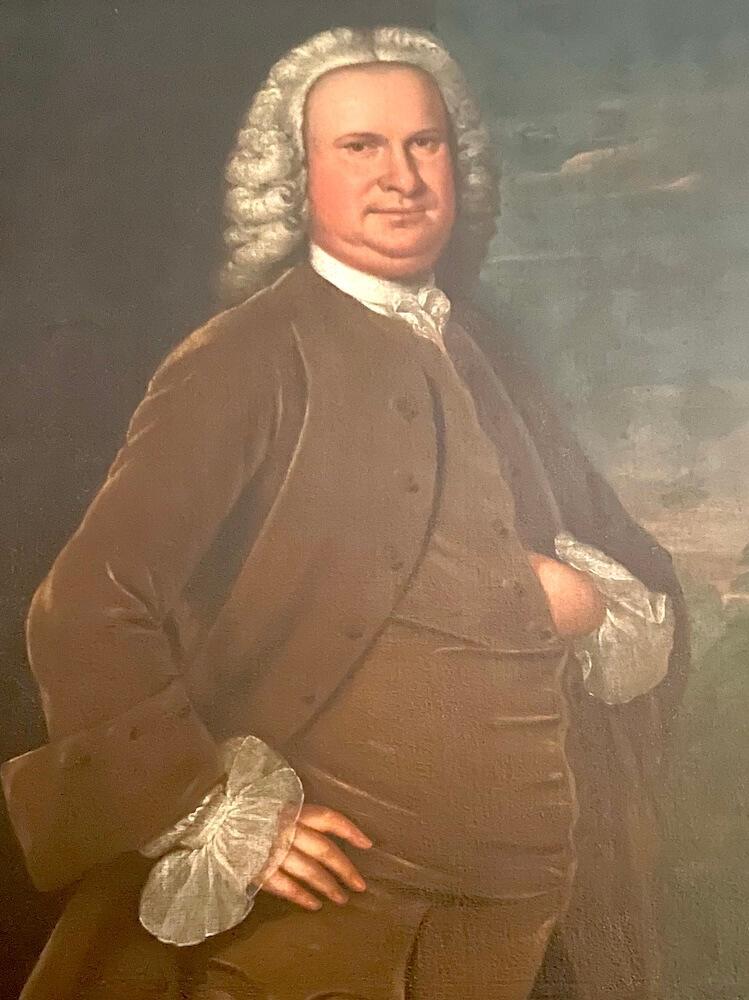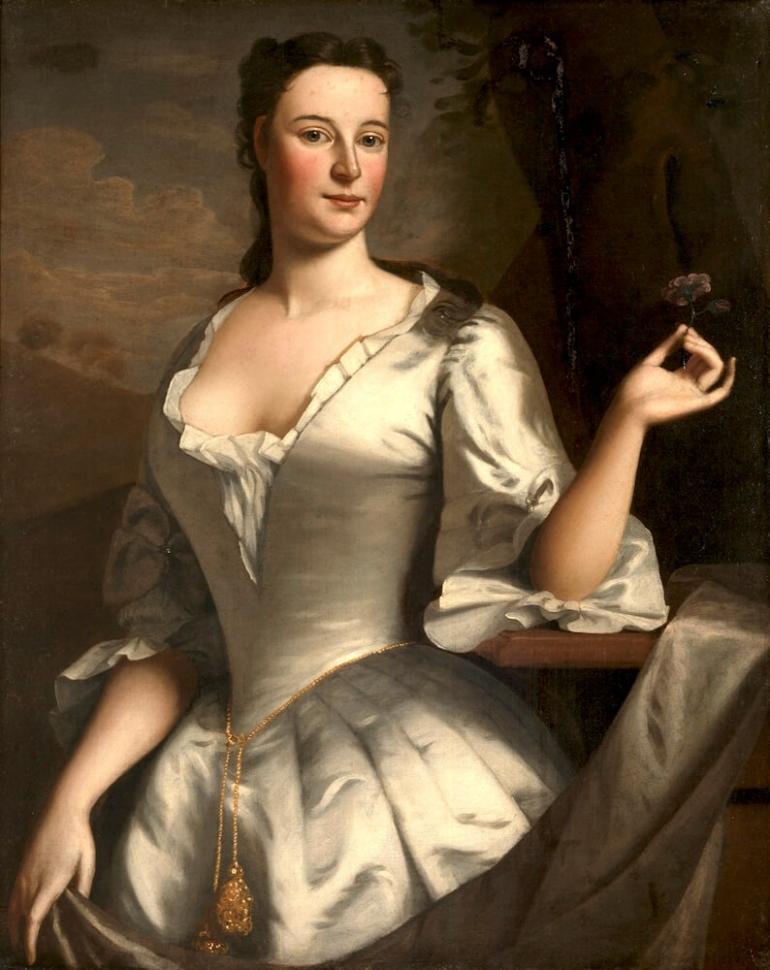He was the eighth child of Richard Tilghman and Anna Maria Lloyd, and was born at the Hermitage, his family’s plantation on the Chester River on Maryland’s Eastern shore. He studied law with Tench Francis and married his daughter Anne in 1743, with whom he had at least 10 children. Initially he practiced law in Annapolis, but moved to Philadelphia about 1760 because of his wife’s ill health. He was named by Gov. John Penn, grandson of founder William Penn, as the secretary of Proprietary Land Office, working on behalf of the British landholders. He was also elected to the Philadelphia City Council in 1764, and the Pennsylvania Provincial Council in 1767. At the outbreak of the Revolution, he was considered a Loyalist, and held under house arrest until 1778. Meanwhile his eldest son Tench Tilghman was serving as a favored aide-de-camp to General George Washington in the Continental Army. Father and son apparently remained close, writing tender letters to one another throughout the war. However, they agreed not to discuss politics.
James was a trustee of the College of Philadelphia, now the University of Pennsylvania, from 1775 – 1788. He died at his family home in Maryland at the age of 77.
Anne Francis Tilghman (1727-1771)
Anne Francis was the fourth of eight children born to Tench Francis and Elizabeth Turbutt. She grew up in Kent and Talbot counties on Maryland’s Eastern shore. At age 16, she married 27-year-old James Tilghman. They had 10 to 12 children, accounts differ. Later Anne became sickly and they moved to Philadelphia to restore her health. She died in Philadelphia before the Revolution, so she did not witness the conflicting loyalties that divided her family. Her husband, a suspected Loyalist, was put under house arrest, son Philemon ran away at age 17 to join the British Navy, son Richard joined the British East India Company, and son William tried to study law in England. Her eldest, Tench, volunteered for the Continental Army and became a trusted aide to General George Washington.


